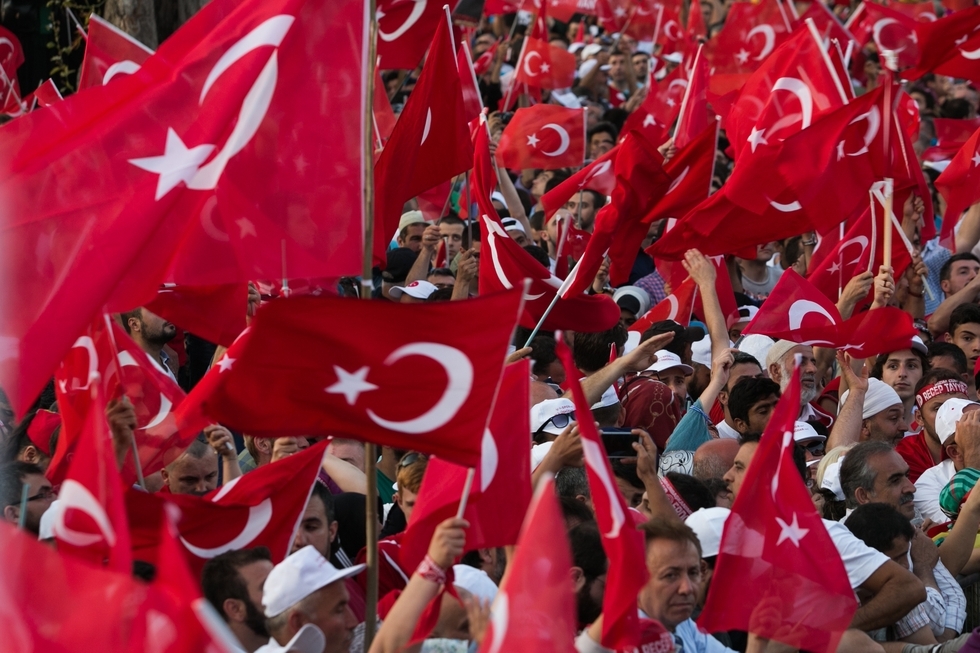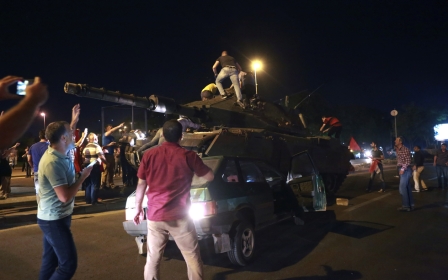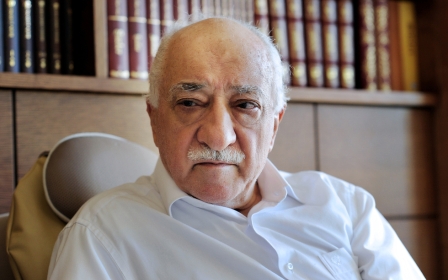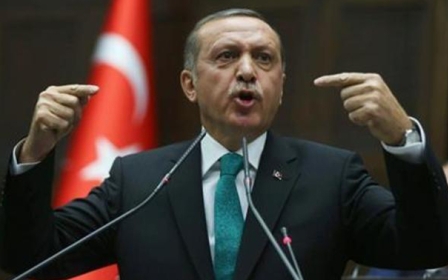People defeated the coup in Turkey

Turkey knows this enterprise very well. It recognizes these scenes. The country remembers the consequences and pains of each coup in the past, 1960, 1971-73, 1980 and 1997. Those wounds are still fresh in people's minds.
One thing they know by heart is that no one emerged victorious from the previous coups except a small group of putschistas and their shady collaborators. Even the societal segments that supported military takeovers ended up bearing the brunt of each of them. They were painful, life-squandering and future-blackening.
That was why when a fraction of the military, affiliated with the Gulenists, a shady criminal organisation that is designated as a terrorist group by Turkey, attempted to wage a coup against a democratically elected government, all parties in the parliament and people from all walks of life and persuasions came forward to reject it.
It may have been a dark night, but it brought a bright new morning for democracy in Turkey.
It was dark because even in today's world, highly connected, highly transparent, a small group of putschistas driven by a narrow agenda could attempt a coup, plant bombs in the national parliament, briefly take over the TV channels and news agencies and kill civilians as well as officials. Bombing of the national parliament and presidential palace has no precedent in Turkey's history, let alone during the waging of coups.
Though we use the word coup to describe what took place yesterday, this is just for the sake of convenience. It in fact was more than a coup because most of the features of yesterday's attempt don't have an equivalent or parallels in Turkey's ignominious history of coups d'etats.
To use a better term, It was more like a terrorist campaign conducted by a small group of people aiming to maximise the levels of horror by hitting their targets indiscriminately. So many people have lost loved ones.
Conversely, this night has led us into a new day, where the people have demonstrated their power. People of Turkey proved courageous. They came into the streets and demanded the political disputes be settled through political means and democratic procedures, not through putschistas' criminal endeavours. The vast majority of people of all political persuasions rejected this violent campaign. All political parties represented in parliament came out clearly against the coup attempt.
President Erdogan has called upon the people to remain defiant and steadfast in the face of these invaders, a call that has been well received. The coup attempt hasn't survived even a day. Rejecting a coup has now become Turkey's new common denominator.
Given the political polarisation of recent years, yesterday was a rare day and symbol of national unity for Turkey.
In addition, yesterday's failed coup attempt has clearly shown to everyone the danger posed by the Gulenists. Now the world knows what Turkey meant when they described this group as a state within a state, including the immense level of threat they pose to Turkey's democracy, politics and people. Now they have clearer evidence to appreciate the criminal nature of this group and how they have operated according to their own agenda within the state structure.
Yesterday's coup attempt didn't only defy the people's demands and aspirations, the putschistas defied the decisions of all of their superiors. The vast majority of the military weren't with them. Officer after officer went public to reject the coup.
One of the precipitating factors that probably motivated the putschistas is the Supreme Military Council meeting that will take place on 1 August and which is expected to lead to a major reshuffle of the military's higher echelons. A long-awaited purge of the Gulenists was highly likely to occur during this meeting.
In addition to this meeting, there have been reports that the judiciary plans to launch a major investigation into the military wing of the Gulenists within the framework of the coup investigation. It seems that the perpetrators were panicked and unnerved, which led them to make hasty decisions about the timing and nature of the ill-conceived coup attempt. In a sense, they saw it as a last resort to prevent the aforementioned eventualities.
After yesterday, it is highly likely that the government will engage in a full purge of these figures and their network. In fact, a wide segment of the society and political class is demanding such action.
Now Turkey has a rare opportunity to use this plot as a means for national reconciliation. As the people have shown, they reject illegal means to overthrow the government. As this seems to represent Turkey's societal and political consensus, the government should take comfort and solace from it. While remaining determined to face the danger and committed to deconstructing the Gulenist network, it should take steps to initiate a nationwide politico-societal reconciliation. What began as a menace can become an opportunity, though one with a heavy price.
Still, this will consolidate the rank and file of the socio-political base of the ruling Justice and Development Party (AKP) as well as the wider conservative segment of society. All the current and previous elites of the AKP have shelved their differences and adopted a united stance against the attempt. The AKP is likely to emerge more unified and stronger from this challenge.
More than two and half years ago, I argued in one of my columns that "Democracy cannot flourish in Turkey if the Gulen Movement's parallel structure is not dismantled". Yesterday's coup attempt has confirmed the validity of this point.
Now that the people have defeated the coup attempt, politicians should remain vigilant for any possible future attempts and not dodge responsibility to hold the perpetrators and their wider network accountable for their deeds. And anyone supporting democracy and the supremacy of civilian politics should support Turkey's determination to make such attempts and putschistas a thing of past, having no place in the country's future.
- Galip Dalay works as a research director at al-Sharq Forum and senior associate fellow on Turkey and Kurdish Affairs at the Al Jazeera Centre for Studies. This column was first published in slightly different form by Al Jazeera.
The views expressed in this article belong to the author and do not necessarily reflect the editorial policy of Middle East Eye.
Photo: Supporters wave Turkish national flags as president (unseen) arrives during rally near his house in Istanbul on 16 July, after authorities wrested back control of Ataturk airport (AFP)
This article is available in French on Middle East Eye French edition.
Middle East Eye propose une couverture et une analyse indépendantes et incomparables du Moyen-Orient, de l’Afrique du Nord et d’autres régions du monde. Pour en savoir plus sur la reprise de ce contenu et les frais qui s’appliquent, veuillez remplir ce formulaire [en anglais]. Pour en savoir plus sur MEE, cliquez ici [en anglais].





